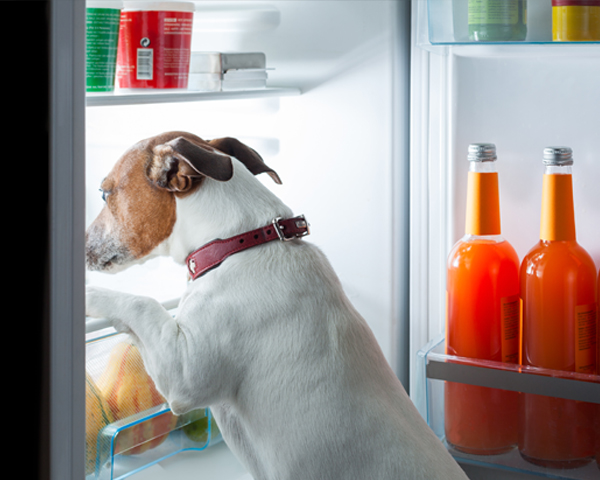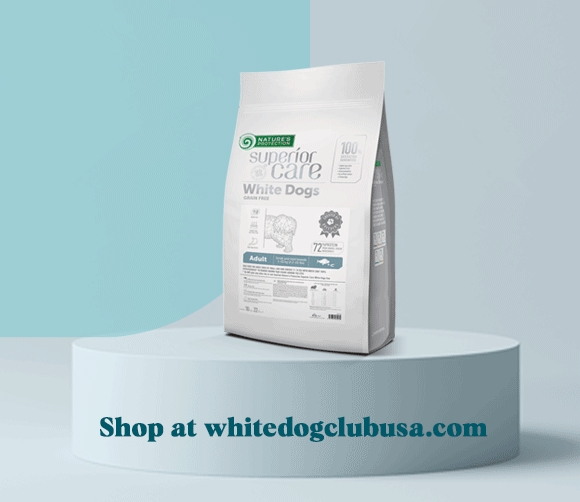Holiday Season & Your Pet

The holiday season can be a stressful time for you and your pet, and can create special dangers for your furry family members. We hope the following information informs you on how to keep them safe and danger-free during this time of year.
Food
Pets can be very curious, especially when food is involved. Here are a few tips to be mindful of when cooking for the holiday season.
- Avoid feeding table scraps to your pets. The seasonings we use in our cooking is too rich for pets and can lead to an upset digestive system in your pet.
- DO NOT feed bones to your pets, especially poultry bones. Poultry bones splinter easily and cause irritation in the stomach as they are passed through the intestines.
- Feeding scraps from the table can also produce unsatisfactory eating habits, such as begging, which can be hard to break.
- Raw carrots and snow peas in moderation are good treats to substitute for table scraps during the holiday season.
Toxic Plants
When decorating our homes for the season, we often use seasonal plants to bring holiday cheer. Many of these plants are poisonous to pets if eaten.
- Poinsettias: The red and green leaves, stems, and sap are low in toxicity. The most common signs of poinsettia exposure are salivation, vomiting, and depression.
- Holly: The berries and the leaves are moderately to very toxic. The most common signs of holly ingestion are salivation, vomiting, and diarrhea. You may also find your pet smacking his/her lips and shaking their head.
- Mistletoe: All parts, especially the berries, are moderately toxic. The most common signs of mistletoe ingestion are depression and vomiting.
- Note: Christmas trees are nontoxic to your pets, but the needles, if ingested, can cause irritation to the lining of the intestines. Therefore, it is best to prevent your pets consuming any needles from your tree. In addition, preservatives used in your Christmas tree water can also be toxic. Avoid using these preservatives or make sure your pet does not have access to the Christmas tree water.
Decorations
We all want our houses to look festive for the season, but not at the cost of our pets’ health. Keep in mind the following tips when decorating your house for the holidays.
- Keep ribbons and bows off of gifts, especially if your pets are known to chew and swallow them. Ribbons can cause blockage and irritation to the intestines if eaten. The same goes for tinsel used in decorating Christmas trees.
- Hang treasured Christmas ornaments higher on the tree away from the reach of curious paws. Reserve the lower branches of the tree for hardier ornaments or avoid placing any ornaments at all if you believe your pet will eat them.
- If swallowed, the hooks used to hang ornaments can be very dangerous to your pet’s gastrointestinal system. Make sure to attach ornaments to your tree securely. There are special hooks you can purchase for securing your ornaments.
- Avoid tying ribbon around your pets’ necks for the holidays. Pets can accidentally tighten or hook the ribbon placed around their necks resulting in choking.

Short URL: http://caninechronicle.com/?p=220473
Comments are closed











